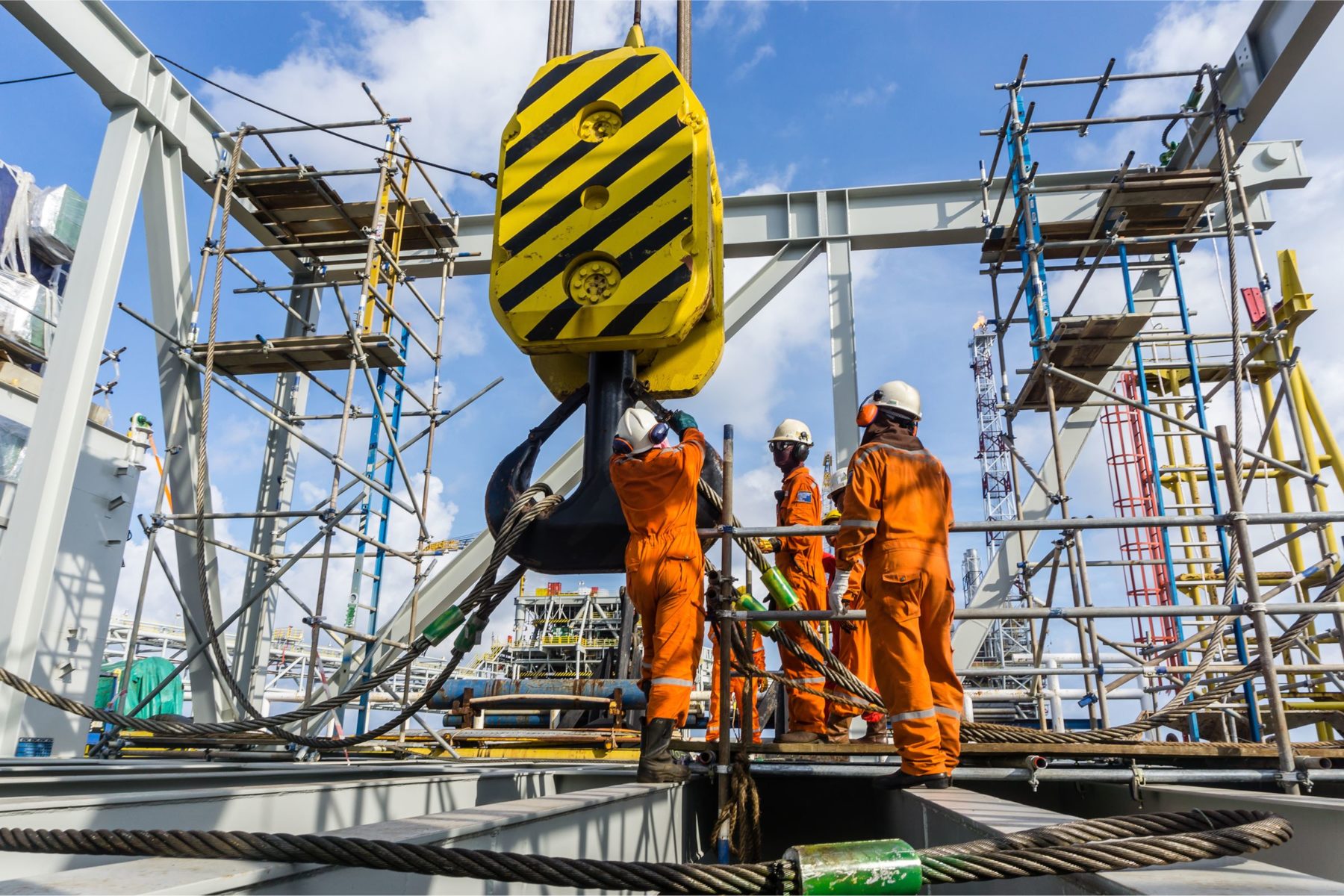
Essential Concrete Safety Tips: Protecting Workers on the Job Site Working with concrete is a fundamental aspect of the construction...
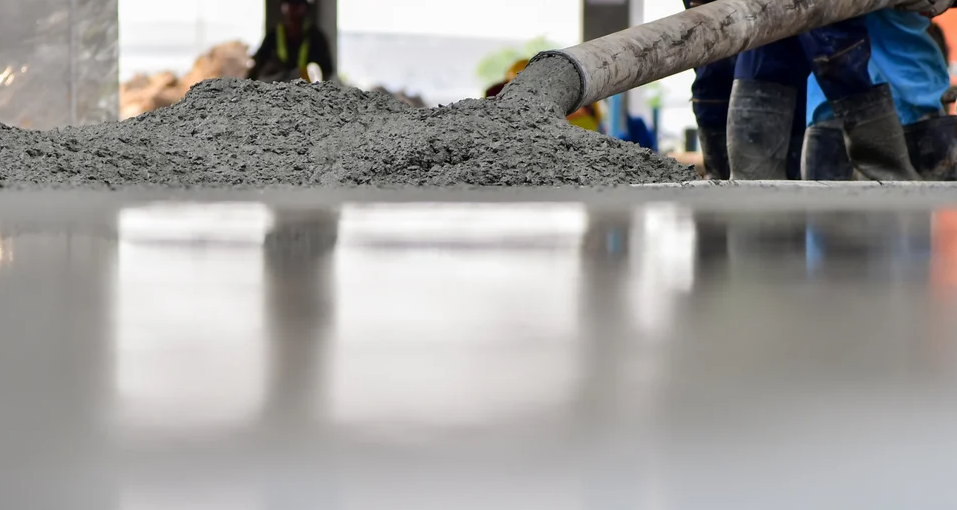
Self-compacting concrete (SCC) is a revolutionary innovation in the construction industry that offers numerous benefits in terms of efficiency, quality, and durability. In this article, we will explore what self-compacting concrete is, how it is produced, and its applications in construction projects.
Self-compacting concrete is a highly fluid and cohesive concrete mix that can be easily poured into molds and self-compacts under its own weight, without the need for external vibration. This characteristic makes it ideal for a variety of construction applications where a smooth and homogeneous finish is required.
Self-compacting concrete is produced using a specific combination of materials, including Portland cement, fine and coarse aggregates, superplasticizers, and other special additives to enhance fluidity and cohesion. These materials are mixed in precise proportions to ensure optimal performance of the SCC.
Self-compacting concrete is used in a wide range of construction applications, including floor slabs, structural walls, columns, beams, and prefabricated elements. Its ability to easily fill complex molds and reach hard-to-access areas makes it especially useful in architecturally demanding projects.
Among the numerous benefits of SCC are increased productivity and efficiency on the job site, superior quality of the surface finish, significant reduction in labor costs, and greater long-term durability and strength. Additionally, its ability to eliminate the need for vibration reduces noise and vibrations on the job site, thus improving working conditions for operators.
The use of self-compacting concrete can contribute to improving safety and occupational health on the job site by reducing workers’ exposure to vibrations associated with manual concrete compaction. This can help prevent musculoskeletal injuries and improve workers’ morale and productivity.
Ongoing research in the field of self-compacting concrete is leading to new advances and developments in terms of mix formulations, enhanced additives, and more efficient production techniques. These advances are further expanding the applications and benefits of SCC in the construction industry.
Conclusions and Future Perspectives: In summary, self-compacting concrete represents a significant innovation in the construction industry, offering a unique combination of efficiency, quality, and durability. With its ability to improve productivity, safety, and the quality of finish in construction projects, SCC is transforming the way structures are built and designed worldwide.

Essential Concrete Safety Tips: Protecting Workers on the Job Site Working with concrete is a fundamental aspect of the construction...
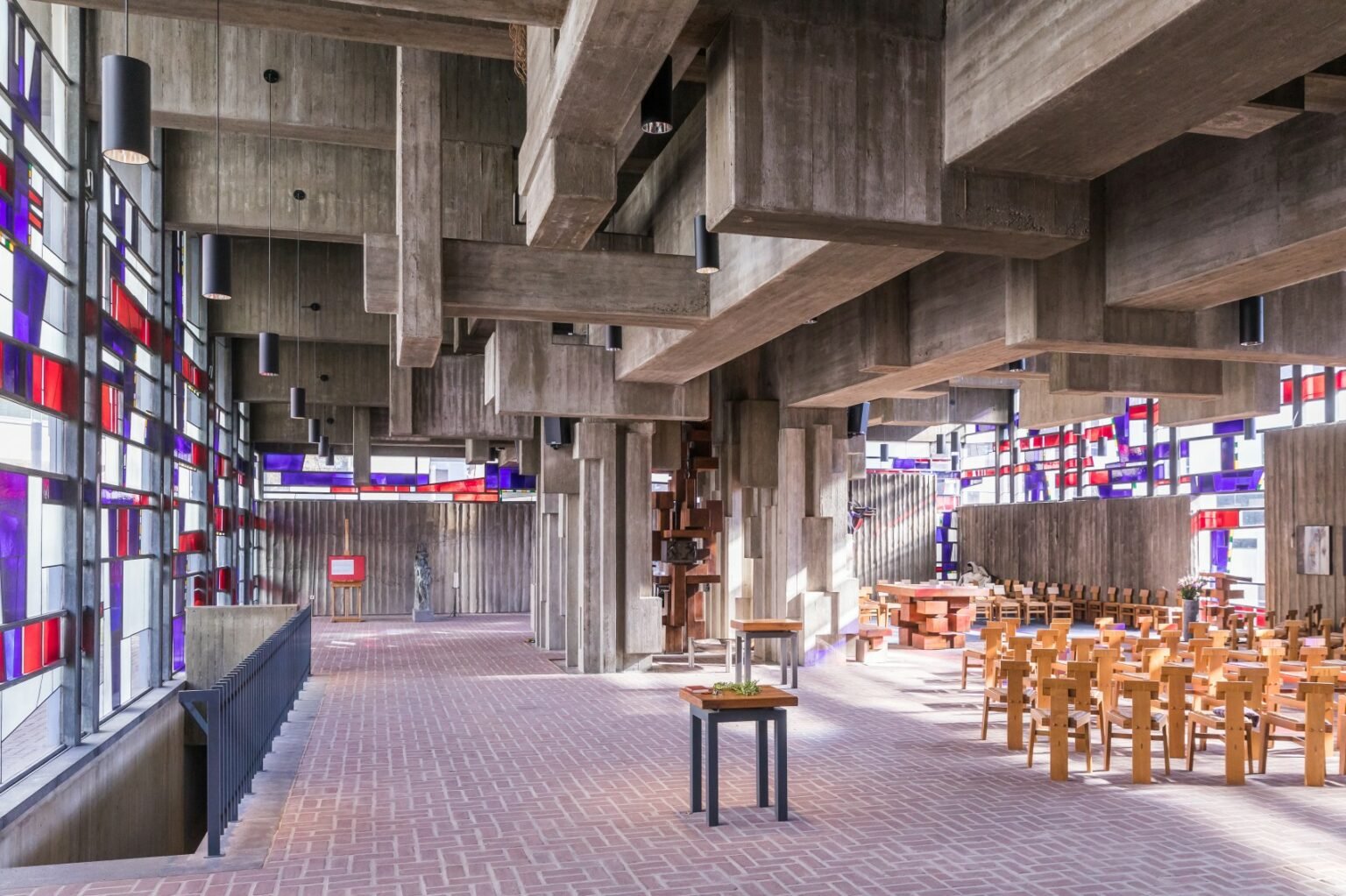
Decorative Concrete: Trends in Modern Finishes for 2025 Concrete is no longer just a construction material — it’s become a...
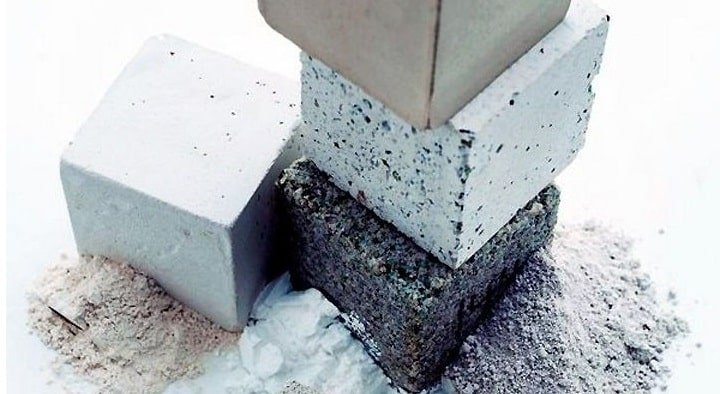
Sustainable Concrete Innovations in 2025: The Future of Eco-Friendly Construction In 2025, the construction industry continues its transformation towards sustainability,...

The Science Behind Concrete Cracking: Causes and Solutions Cracks in concrete are one of the most common issues in construction,...

Top 10 Concrete Myths Debunked: What Every Contractor Should Know Concrete is one of the most widely used construction materials,...
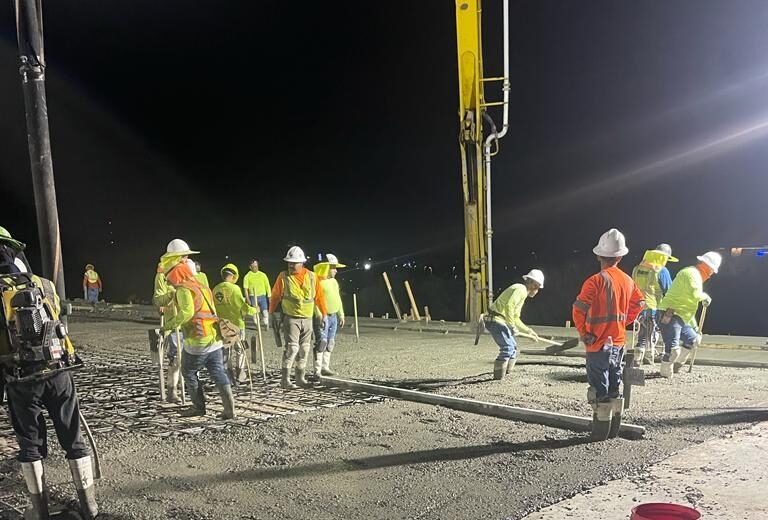
How to Plan Concrete Pouring in Large Construction Projects Pouring concrete in large-scale construction projects requires meticulous planning, logistical coordination,...
© 2023 Created with RGA Concrete Contractors LLC
This website uses cookies to provide you with the best browsing experience.